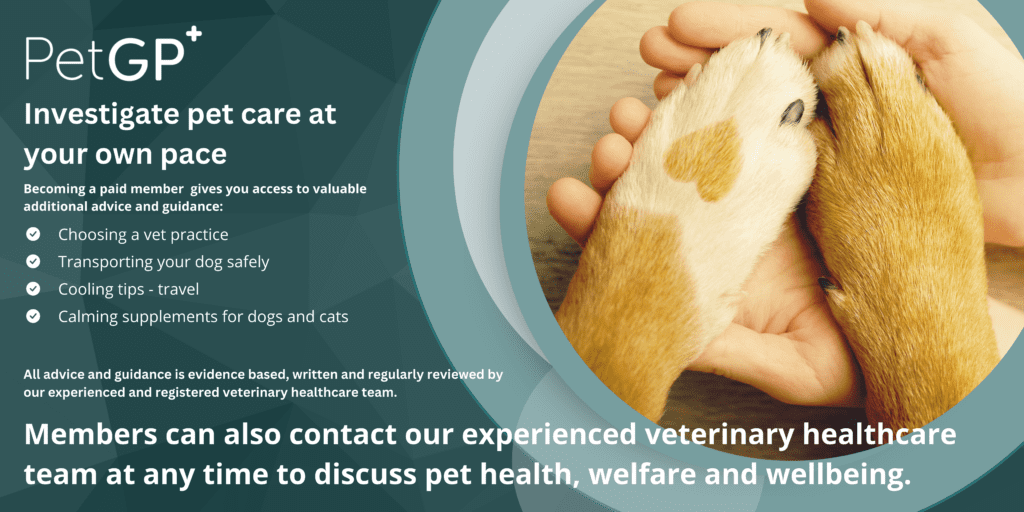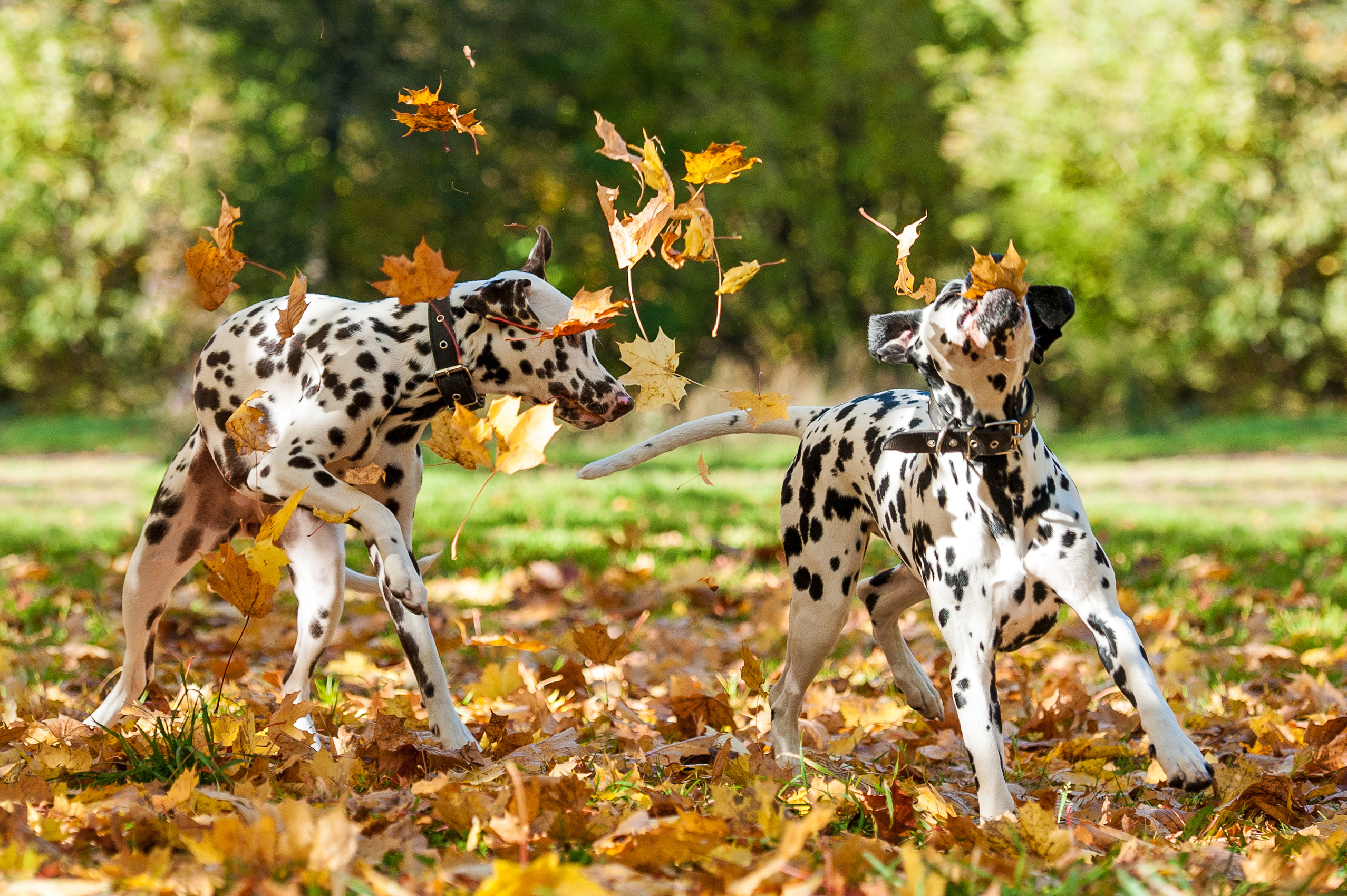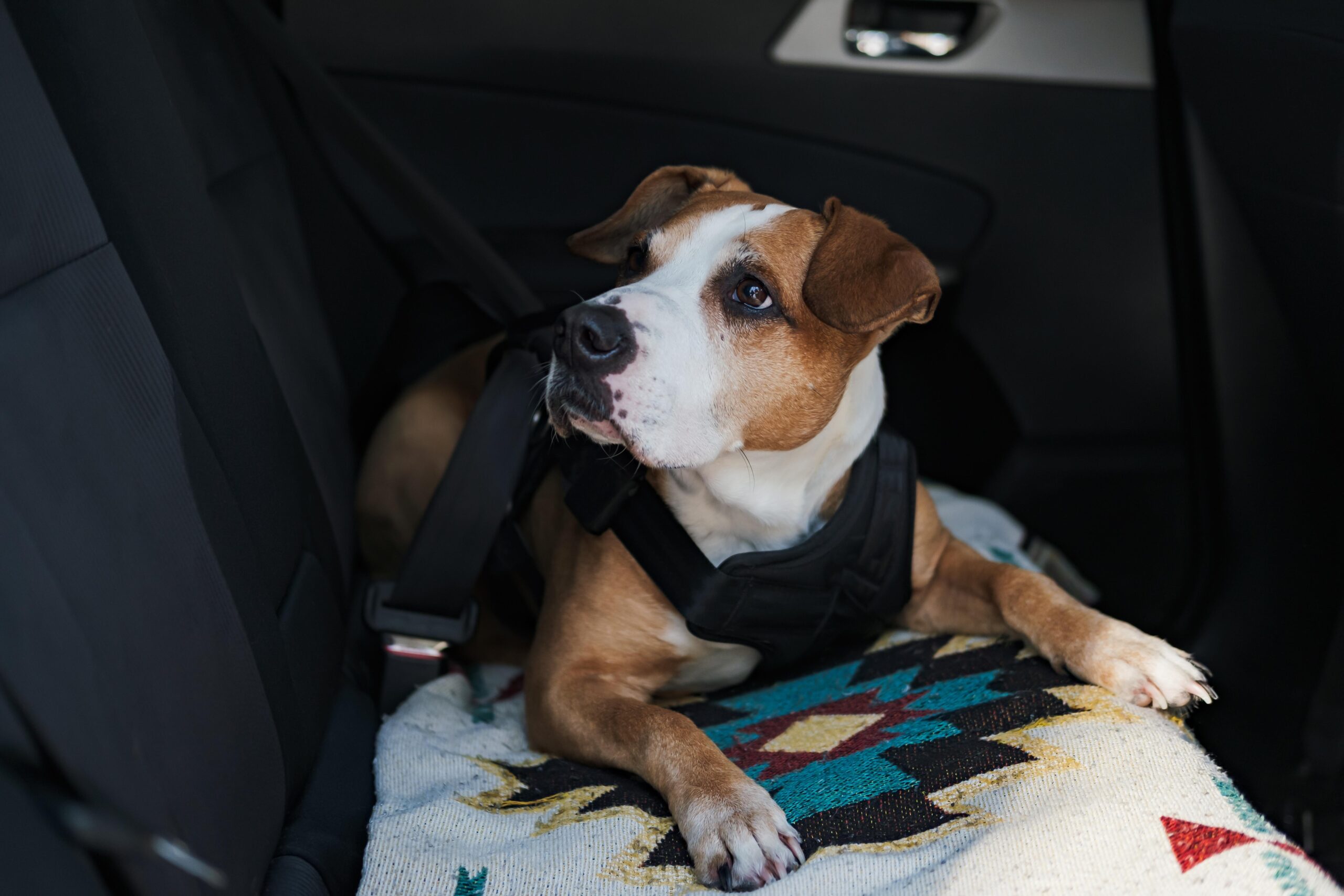Worms in dogs.
Worms in dogs and puppies are very common, and whilst they might be a concern to owners, they do not usually have serious consequences and are easy to treat.
Our guide contains expert advice from qualified and registered veterinary nurses to help you choose the best course of action for your pet and help answer your question – does my dog have worms and how do I prevent and treat them?
Symptoms and presenting signs
- Sickness
- Diarrhoea
- Pot belly in puppies
- Weight loss
- Poor coat quality
- Weakness
- Loss of energy
- Sore bottom
- Coughing (lungworm)
- Wheezing (lungworm)
- Shortness of breath (lungworm)
Worms in dogs are very common, with the most frequently seen intestinal types being roundworms and tapeworms. Transmission of worms occurs in a variety of ways.
Common causes
- Swallowing larvae from mother’s milk
- Eating dead animals or killing animals outside and eating them
- Having fleas and swallowing them whilst grooming
- Picking up worms or larvae from faeces whilst outside
- Contact with or swallowing slugs or snails (lungworm)
Tapeworms transmission to dogs is via fleas. Immature fleas (larvae) ingest worm eggs. Primarilly, infection then occurs as a dog swallows an infected flea. This is one of the main reasons why it’s important to treat your dog for fleas as well as for worms.
Roundworm larvae start by infecting a dog’s intestinal tract, but they can burrow their way into other tissues and organs. For example, Toxocara canis larvae move into the lungs to develop and mature. Once they have moved up into the airway, they are coughed up and swallowed again, returning to the intestine to complete their lifecycle. Toxascaris leonina do not move around the body and have a far simpler lifecycle.
Worms in older dogs
Adult dogs get worms from other infected animals, scavenging dead animals which might carry worms or infected parasites such as fleas, or from eating the larvae or eggs of worms outside, for instance by eating grass.
Worms in younger dogs
Puppies can inherit infection from their mother, as well as from ingesting larvae in their mother’s milk
Treatment of worms
Treatment for worms depends on the vet’s diagnosis. Worming is recommended regularly, regardless of symptoms as a preventive measure.
Worm treatments for administration at home may be:
- Tablets
- Powders
- Chews
- Pastes
- Spot-on treatments
Prevention of worms
You need to worm your dog regularly even if you haven't seen any symptoms of worms, to kill the worms that are present and prevent reinfection.
Exercising good hygiene is very important. This is very important for children. All children need to be taught not to share food or plates with dogs. They must also wash their hands after stroking or playing with them. When you worm your dog regularly, and clean up faeces after your dog, any risks should be kept to a minimum. If you have children fence off a separate part of the garden where they can play but where your dog is not allowed if possible.





